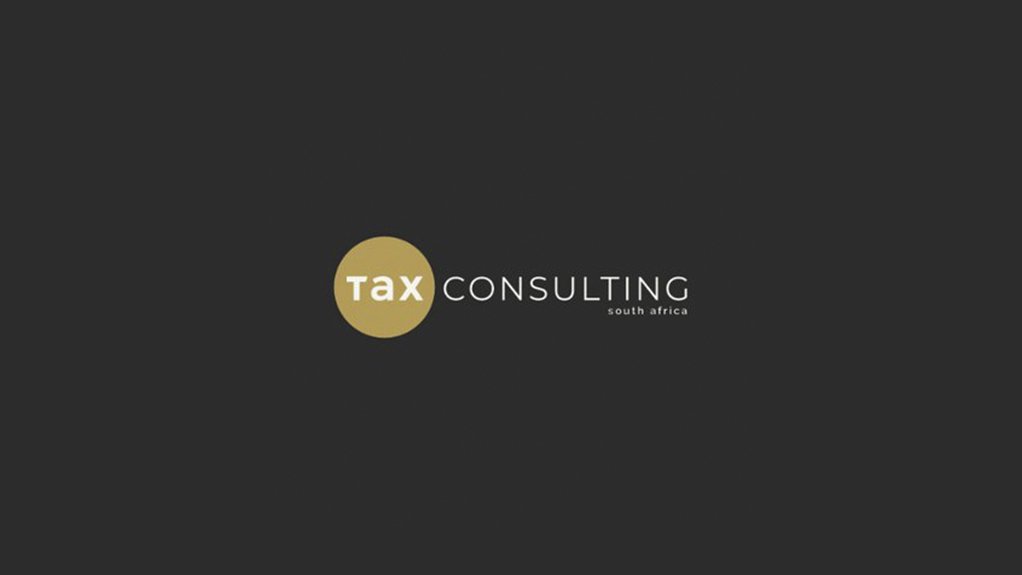In the wake of the recent National Health Insurance (NHI) presentation on October 31st, a significant proposal has been put forward: the elimination of existing medical aid credits for employees enrolled in registered medical aid plans.
How does this impact employees’ cashflow?
For employees who belong to a registered medical aid according to the medical schemes act, the medical credits actually reduce an employee’s monthly PAYE amount which are currently implemented on most payrolls thereby increasing an employee’s net take home pay.
Following the Budget Speech held in February 2023 this year, it was declared that the following monthly medical aid credits are applicable for the 2024 year of assessment i.e., 1 March 2023 – 29 February 2024:
If these credits are eliminated, it would translate to a significant reduction in disposable income for households. For a family of four the loss would amount to R1,220 per month or R14,640 per annum. A family of two would experience a monthly decrease of R728, equating to R8,736 annually. Individual net take-home pay would decrease by R364 per month or R4,368 per year.
Impact on Low-Income Earners
The medical aid credit system was designed to create equitable tax reductions across all income levels and tax brackets.
Lower income earners who can only afford a basic medical aid or hospital plan, will feel the pinch the hardest. This is because, in cases where the credits may have reduced an employee’s tax liability to an insignificant amount where earnings were just above the tax threshold, the employee may now need to reconsider membership to fund a higher monthly PAYE amount, which will equate to less disposable income.
Annual Medical Aid Increases
With steep annual increases for medical aid being implemented at the beginning of each fiscal year, this could also cripple medical aid industries where members will consider either downgrading plans further or even cancelling membership due to financial constraints.
With annual increases just not keeping pace with inflation and the additional tax burden, this now brings medical aid memberships into the limelight.
Are the NHI reasons justifiable?
The key reasons for wanting to implement this change were stated as follows:
- “Medical tax credits only benefit those that are in a position to pay either through medical scheme coverage or out-of-pocket but do not benefit the poor. “
- “The money that goes into tax-credits will be consolidated to benefit all as the role of medical schemes and out-of-pocket payment reduces under NHI.”
Given the complexities and ramifications of the NHI scheme, it raises the question of whether this is the optimal approach to fund the NHI program from an already burdened individual tax base.
Will Medical Aid Industries Survive?
Many South Africans grapple with monthly financial challenges, with surveys showing that luxury expenses such as gym memberships, household insurance, domestic help and data and cell phone contracts are being cut back. Given the current trend in reducing expenses, in conjunction with this new proposal by the NHI, the looming question now is whether or not medical aid will be the next ‘luxury’ to have to take the chop?
Submitted by Tax Consulting SA
EMAIL THIS ARTICLE SAVE THIS ARTICLE ARTICLE ENQUIRY
To subscribe email subscriptions@creamermedia.co.za or click here
To advertise email advertising@creamermedia.co.za or click here











